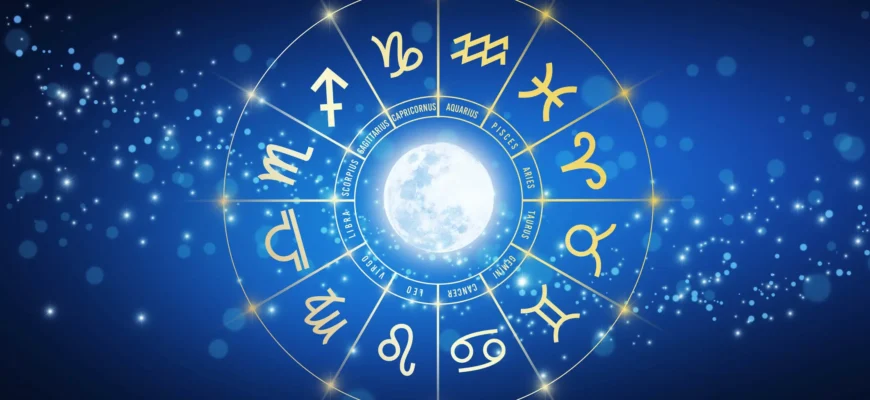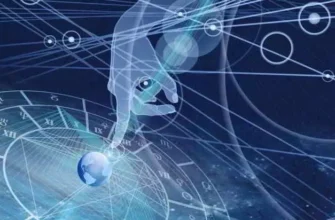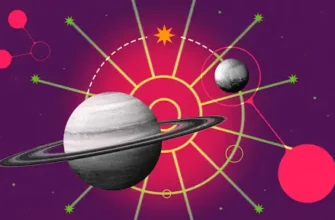The Fourth House, also known as the House of Home and Family, begins at the IC (Imum Coeli) and governs all matters related to a person’s roots. In astrology reading, this house reveals family relationships, childhood experiences, and the influence of parents, particularly the father, on early development. Through astrology interpretation, the Fourth House provides insight into a person’s home life, family background, and later life circumstances, highlighting how ancestry and upbringing shape personality and emotional foundations.
This house is also strongly connected to land, real estate, and the sense of security derived from one’s home environment. By analyzing the Fourth House in a free birth chart, astrologers can uncover patterns that influence family dynamics, inherited traits, property matters, and the ways individuals seek emotional stability. It emphasizes the importance of roots, heritage, and the physical and emotional spaces that nurture personal growth throughout life.
The fourth house, representing family life and inner life
The fourth house is the period when life begins to explore the roots of one’s own life after establishing one’s sense of self-existence and building a basic living environment.
The fourth house’s starting point is called the IC, short for Immum Coeli in Latin and the IC in Chinese. It primarily represents the position of Cancer. Ruled by the Moon, it symbolizes one’s roots and the starting and ending points of everything. It governs all things rooted, including family, heredity, family background, later life, housing, and real estate. Much like a plant taking root, seeking the source of life-giving water, as the branches and leaves above ground flourish, the roots grow deeper, wider, and stronger.
Key topics
Family background, emotional roots, bloodline, parents and family, cohabiting partners, landlords and tenants, roommates, home management, store management, land and real estate, and life in old age
Comprehensive Analysis
The fourth house represents the relationship between the individual and his or her family of origin.
The fourth house represents the transition from pure selfhood to the stage of micro-society. It governs our family environment and domestic life, encompassing our relationship with our original family. The behavioral constraints shaped by the nurturing and treatment of our parents and elders reveal whether our upbringing was rich and prosperous or difficult and fraught with hardship; whether the perceived family atmosphere was joyful and harmonious or cold and harsh. It reveals important family issues, individual personality traits, and behavioral patterns—in other words, a person’s “family upbringing.” Therefore, when a planet is placed in this house, it reveals how well one interacts with their family.
For example: People with Saturn in the fourth house will feel strong pressure from their family. It may be that the strict living rules and ethical norms of the elders make them feel suffocated by the strict family rules, or it may be the lack of family finances, the isolation and helplessness of a single-parent family, etc., forcing them to take on the responsibility of the family early.
Alternatively, if there are no planets in the fourth house, but the cusp is in Capricorn, this suggests that the family atmosphere one experiences from childhood is also cold and formulaic, though concrete difficulties are less likely to arise. This could be because the parents are busy with work or have emotional problems, neglecting emotional communication with their children and unwilling to take on too much caregiving responsibility, requiring their children to learn to fend for themselves and leave home early.
The fourth house represents a person’s family, origins and lineage.
The fourth house is closely associated with a person’s fundamental survival, tracing one’s psychological roots from family background to ancestral heritage, and even to larger, more enduring sources of life, such as tribes, races, and nations. This leads to the development of national identity and national consciousness, leading to actions that protect one’s home and nation. Therefore, the fourth house is also associated with a person’s family, lineage, and bloodline, reflecting our identification with our family background and the continuity of family traditions.
The fourth house is often associated with one of the parents (usually the fourth house represents the father, the tenth house the mother), shaping a person’s family heritage. However, there are often exceptions to this rule. For example, if the Moon is in the fourth house, the mother has a greater influence on one’s upbringing; if the Sun is in the fourth house, the father’s upbringing is more influential. Therefore, objectively speaking, the fourth house represents the parents who “nurtured” us from childhood, while the tenth house “shaped” us from childhood and the demands we face in society.
Planets in the 4th house can be particularly sensitive to “identification or rejection” of one’s family background, particularly those with the Sun, Jupiter, Saturn, or Pluto. Those with the Sun, Venus, or Jupiter in the 4th house may have ancestors who served as officials and made contributions to the nation, who were landlords and contributed to the local area, who were scholars, or who owned century-old businesses. If Saturn, Uranus, Neptune, or Pluto are in the 4th house and afflicted, the family may have experienced unfortunate tragedies, shocking accidents, or scandals, leading to a strong desire to escape the negative influence of the family.
The fourth house represents attitude towards family and the home environment and style.
A home environment and lifestyle is built on a need for inner security. It serves as a personal “safe haven” from the outside world, allowing for a free and unconstrained private life, including where one lives and what the family atmosphere is like. Those with planets in the fourth house, especially the Sun and Moon, often exhibit homebody tendencies. The Moon can even reveal who one lives with, the atmosphere, and the home environment. Furthermore, more planets in the fourth house indicate a greater diversity of activities performed at home.
The fourth house represents an individual’s early life circumstances and later life.
This encompasses family life with a partner after growing up, later life after starting a family, and retirement. Planets in the fourth house symbolize the importance and demands placed on family. For example, a person with the Sun in the fourth house desires to be in charge and lead the family’s development, and will not tolerate others underestimating their role. A person with the Moon in the fourth house is emotionally dependent on their family and receives care from it. They strive to accommodate their family’s needs, providing for their own emotional fulfillment.
In addition, usually a lucky star falling into the fourth house also means a more worry-free life in old age, while an unlucky star falling into it means a more difficult life in old age. It may be a difficult life, still worrying about children in old age, or due to problems in the distribution of family property, leading to family discord or constant family disputes.
The fourth house symbolizes the base of career.
Because the Fourth House is at the bottom of the chart, opposing the Tenth House, representing the career stage, any public-facing endeavor requires a solid foundation and adequate logistical support to be successfully presented. Therefore, if powerful planets such as the Sun, Moon, Venus, Mars, Jupiter, and Saturn are in the Fourth House, one may desire to be a landlord, renting out a place for others to rest or providing shelter for their careers. One may also engage in long-term management of restaurants, cafes, hotels, or retail outlets, open a storefront, or establish a studio, cultivating a personal emotional base.
The fourth house represents personal real estate.
This house is associated with houses, businesses, land, farms, and farms. If any planet is in the fourth house, it indicates that one may own property and land out of a need for security, a desire to cling to one’s roots, or ancestral heritage. However, if Uranus, Neptune, or Pluto is in this house, it can be difficult to maintain a family or retain property.
The fourth house represents emotional nostalgia and the source of habit.
The Midheaven represents the most outwardly visible side of a person, while the Fourth House (the IC) represents the most hidden aspects. Therefore, the Fourth House is the cradle where subjective intuition and emotional reactions arise and grow. It is also the house where habits are formed. For example, a childhood trauma can affect the considerations and concerns of adult decision-making, or it can lead to constant reminiscing, nostalgia, or the habit of hoarding old items. However, if an inauspicious planet enters this house, it can easily lead to being trapped by past fears.
Career Advice
Those with planets in the Fourth House, other than Mars, Uranus, and Neptune, can engage in nurturing and emotional comfort . This is especially true with personal planets like the Sun, Moon, and Mercury. This leads to constant introspection, rumination, and digestion of external life experiences, embedding them deeply within their consciousness. If the energy of the Fourth House is properly channeled, it can help others find the root of their emotions, nurturing them and stabilizing their foundations, making them excellent psychotherapists .







